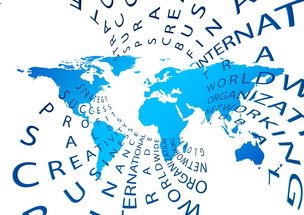In the world of technology, where information flows rapidly, nothing beats the need for instant communication. From the comfort of our homes to the far corners of the globe, we are all connected by a network of wires and signals that enable us to send and receive messages in a matter of seconds. This instant messaging culture has become a way of life for many, with people relying on it for everything from staying in touch with friends and family to conducting business transactions.
In Vietnam, where technology has made significant strides in recent years, the trend of instant messaging is no different. From the bustling capital city of Hanoi to the lively streets of Ho Chi Minh City, people are constantly on the lookout for ways to stay connected with each other. Applications like Zalo and Facebook Messenger have become integral to daily communication, allowing users to send messages, share photos, and even make voice and video calls for free.

One of the most significant aspects of instant messaging is its ability to bridge geographical distances. Whether you are in the same room or on opposite sides of the world, a simple text message can convey your thoughts and feelings instantly. This has made it easier for families to stay in touch across vast distances, with many using instant messaging services to share daily updates and special moments.
Moreover, instant messaging has also transformed the way businesses operate. From small startups to large corporations, using tools like Zalo and WhatsApp has become essential for staying connected with customers and colleagues. This has facilitated faster decision-making, improved efficiency, and ultimately boosted productivity.
However, with the rise of instant messaging, there have also been concerns about privacy and security. As more and more people use these services to share personal information and conduct transactions, there is an increased risk of data breaches and fraud. To address these issues, many messaging platforms have implemented stronger encryption measures to protect user data.
Another aspect that makes instant messaging so appealing is its accessibility. With smartphones and computers in almost every household, it is now possible for anyone to send and receive messages anytime, anywhere. This has democratized communication, breaking down barriers of class and status, and allowing people from all walks of life to connect with each other on an equal footing.
In conclusion, instant messaging has revolutionized the way we communicate today. It has brought us closer together, made us more productive, and facilitated a more connected world. As technology continues to advance, we can expect to see even more innovations in this area, further transforming the way we stay in touch with each other.









